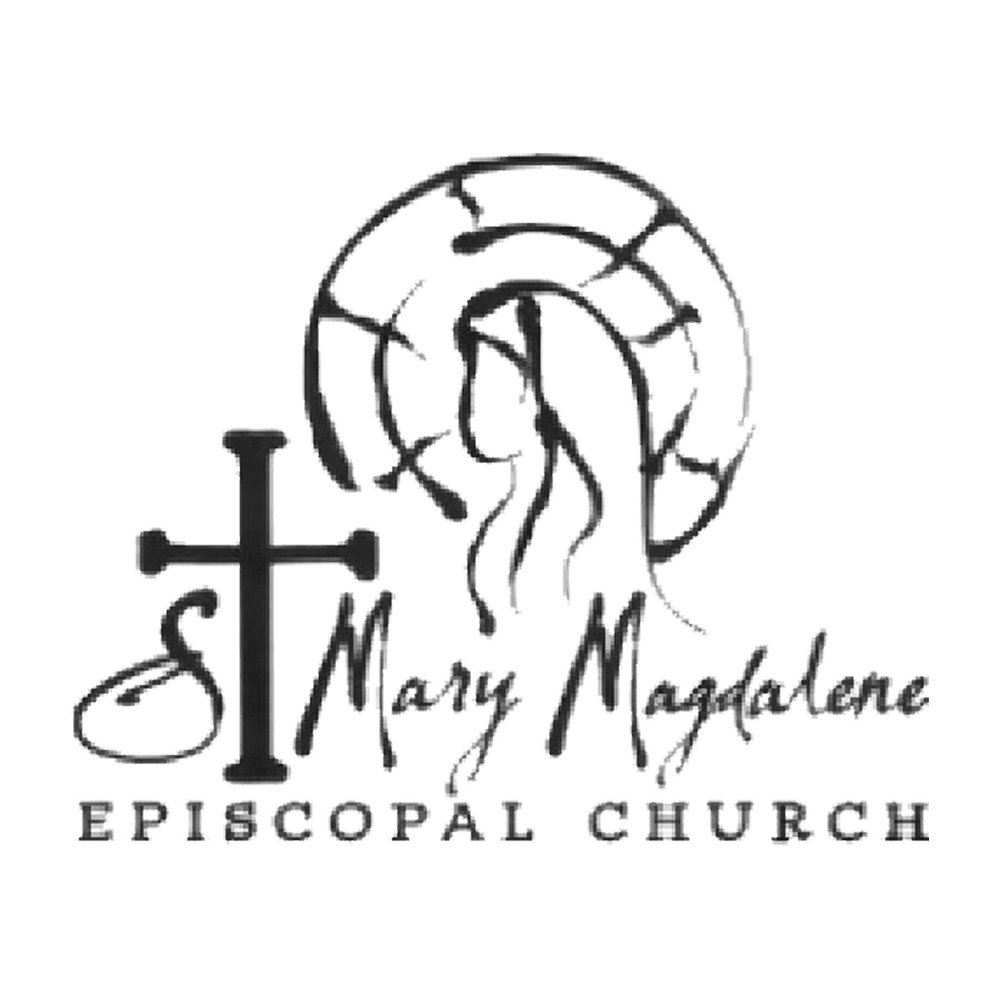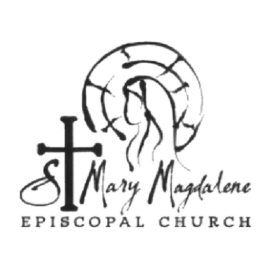The 3rd Sunday After Pentecost: Proper 8C
Sunday, June 29, 2025
The Rev. David Wilcox
St. Paul tells us in our Epistle lesson this morning, “For freedom Christ has set us free.” It’s a beautiful and somewhat curious statement, but I’d be willing to bet that it resonates with us—especially as Americans. We hear a lot about freedom. We hear it in our civic discourse—how one political party or candidate will protect our freedoms better than their opponents. We hear about it in American folklore, in the stories of how the great giants of old won our nation’s independence from the cruel and oppressive English. And—especially at this time of year—we hear about it in TV commercials, radio ads, newspapers, stores, and even in popular songs.
Come to think of it, I’ve heard at least two ads just this week promoting upcoming “Freedom Sales.” There’s even a car dealer down south who, in celebration of “American Freedom,” is giving away a Bible and a shotgun with every vehicle purchase. The idea of freedom is so deeply embedded in the American psyche that we often think of it as one of our defining characteristics—almost as if we invented it or own it.
So when I saw that one of this week’s Scripture readings was about freedom, I couldn’t help but make the connection between St. Paul’s words to the Galatians and the Fourth of July. I had to explore that.
The dictionary offers several definitions of freedom, but the one most familiar to us as Americans is this: “Freedom is the power of self-determination attributed to the will; the quality of being independent of fate or necessity.” In other words, we choose—our government, our careers, our beliefs, how we spend our time, our money, and so on. We value freedom from excessive rules and regulations. We value the right to choose.
So when we hear Paul say, “For freedom Christ has set you free,” it’s easy to hear that through our modern, American ears and assume he means that Jesus set us free to do whatever we want. Personally, this concept of freedom is so ingrained in me that when I pray the Great Litany and come to the petition, “That it may please thee to give to all nations unity, peace, and concord; and to bestow freedom upon all peoples,” I instinctively think we are praying for other countries to become more like America—so they too might have the freedom to choose as we do.
But as comfortable as that definition of freedom may be for us and our 21st-century sensibilities, it doesn’t do justice to what St. Paul meant when he wrote to the Galatians.
To understand what Paul is saying about freedom, we must consider the context in which he was writing, the intent behind his words, and how his audience would have understood them. For Paul, a devout Jew in first-century Israel, freedom wasn’t about self-determination or choice. It wasn’t about a lack of rules. For Paul, freedom was understood primarily as freedom from slavery.
The concept of freedom for Paul would have been inseparable from the Exodus—God bringing His people out of bondage in Egypt and into the Promised Land. Freedom wasn’t something achieved through human effort; it was something done for us and given to us by God.
Building on this classical Jewish understanding, Paul came to recognize—and tried to teach the new Christian community in Galatia—that there was a deeper kind of slavery: spiritual bondage to sin and death. Jesus set us free from that deeper slavery through His death and resurrection. This kind of freedom is foreign to our consumer society because it’s not centered on the self. As Dr. Al Lindsay once put it, true freedom is not the ability to say, “My will be done,” but rather the ability to say, “Thy will be done.” It’s not about getting our own way; it’s about being restored to right relationship with God.
Echoing that sentiment—and writing long before Dr. Lindsay—St. Augustine said, “True freedom is not choice or lack of constraint, but being what you are meant to be. Humans were created in the image of God. True freedom, then, is not found in moving away from that image, but only in living it out.”
In the life, death, and resurrection of Jesus Christ, we have been delivered from the bondage of sin and death that we brought upon ourselves by choosing our own will over God’s. Now, we are free to begin living into that freedom by responding to Jesus’ call to follow Him.
To follow Jesus is to reject the false promise that happiness and fulfillment come from doing whatever we want. In Jesus, we see what it means to live into the image of God: not seeking our own will, but God’s. It means becoming servants of one another—putting the needs of our neighbors before our own.
Living into the image of God is not easy. The freedom offered by the world may seem more attractive. But as many of us have experienced, being left to our own devices often leaves us feeling empty and longing for something more. We find what we truly need when we embrace the life of service to which Jesus calls us. As Jesus said, “Whoever would save their life will lose it.” So let us lose our lives by serving one another. In doing so, we will live out our freedom—by living into the image of God seen in Jesus.
In just a few moments, we will come to this altar to celebrate Holy Communion. Here, we are joined by saints and angels as the passion, death, and resurrection of Christ are made present for us in bread and wine. We will receive the One in whose image we were created. Let us ask Him for the strength to follow Jesus. Let us ask for the grace to embrace God’s service. Because when we do, we will find that we are truly free—and that we already have all we need.
Amen


